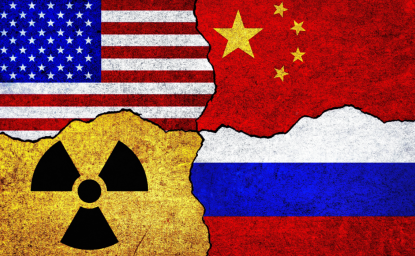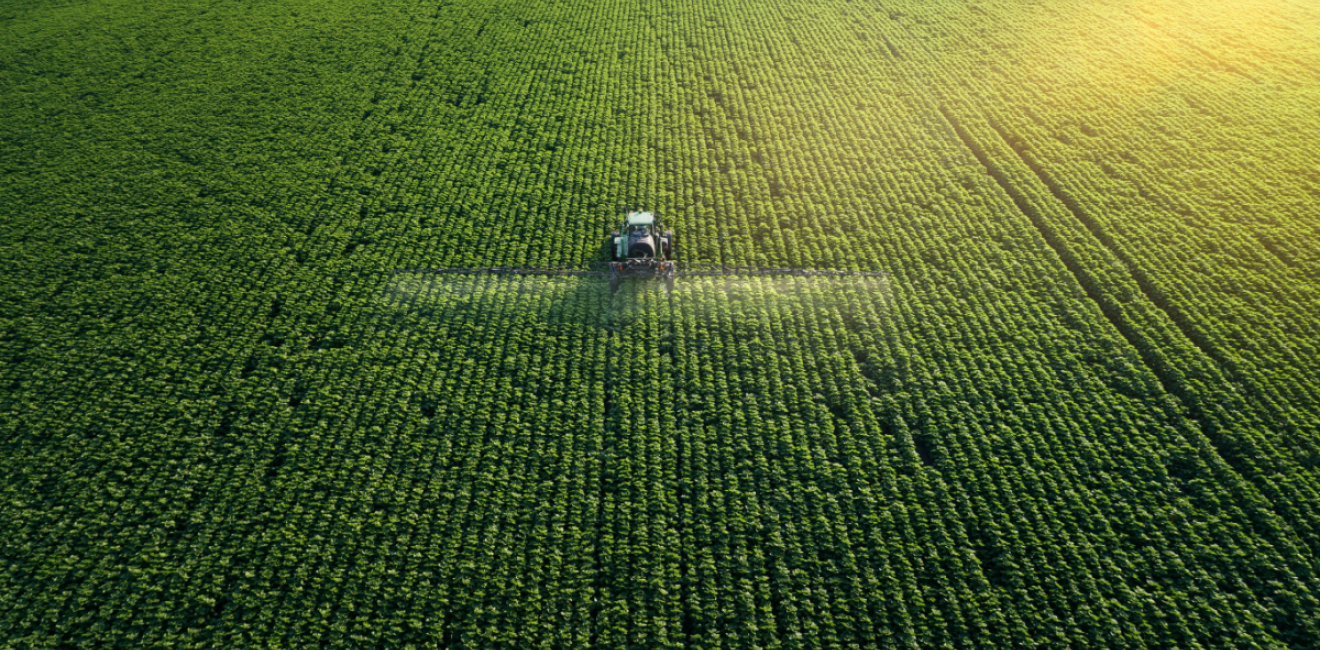If President-elect Trump’s proposed tariffs are meant to get America’s trade partners back to the negotiating table, then US agricultural exporters need to ensure that their demands for market access abroad are at the top of his agenda on day one.
Their list of offensive priorities should include the most complex and politically charged trade barriers abroad. Agricultural exporters should place particular emphasis on getting Trump to challenge some global food safety measures, including Sanitary and Phytosanitary (SPS) measures, which are not based on science, deviate from global standards, and/or are overly trade restrictive.
The panel’s ruling on Mexican corn related to the US-Mexico-Canada Agreement (USMCA) shows what’s at stake. Mexico’s “Tortilla Ban” and “Substitution Rule” on genetically engineered corn for humans and animals (respectively), as well as the political narrative used to motivate these measures, were struck down because they were not grounded in science. Other countries have taken cues from Mexico’s corn decrees. Colombia, for example, is weighing a constitutional ban.
Trump could seek bilateral negotiations on these SPS measures. But in many cases, such as those over maximum residue limits in the EU, there’s a long list of countries looking to ally with the US to redress SPS challenges, including by raising so-called “specific trade concerns” (STCs) at the World Trade Organization (WTO). STCs can help solve tensions before, or in lieu of, litigation.
Likewise, as Trump sharpens his focus on trade with China, agricultural exporters need to press the administration for help getting Beijing to reform its biotech crop import regime, which on science is a global outlier. Progress along these lines would have lasting value, unlike the ad hoc purchase commitments Trump got in Phase 1 of the US-China Phase One deal reached during his first term. More importantly, influencing China’s import regime would deter other countries from following its lead.
Then there’s the European Union Deforestation Regulation (EUDR), which mandates that producers that sell goods in the EU market prove they weren’t grown on land that was recently deforested. The regulation, which is scheduled to take effect for 2025-26, is already having a big impact. European food giants such as Danone and Nestlé are already diverting purchases away from Brazil in anticipation of EUDR coming on line.
US agricultural exporters need to weigh in on the content and implementation of EUDR. With compliance costs expected to range from 0.29% to 4.3% of the value of imports, countries are lining up at the WTO to complain about the EUDR’s lack of science. In response, they have proposed less trade-restrictive alternatives. US producers would benefit, for example, from being able to apply “Deforestation-Free” labels on their products. Along with other methods, this would ensure that their crops stay top-of-mind for European conglomerates, even if EUDR’s final form is highly stringent.
More proactively, agricultural exporters should press the Trump administration to take a lead role in global discussions of gene editing, which alters existing genes as opposed to adding new ones (as is done in traditional genetically modified crops). For example, new advancements in soybean gene editing can increase overall yields and acreage, pest resistance, protein content, oil production, and other advantages.
For American producers, investing in gene-edited crops can help protect against diseases and ensure better long-distance storage amid transportation delays. These critical issues have plagued crop production and sales in recent years. As the US experiences increasingly extreme weather events, protecting against these concerns could be a game changer for our farmers.
Major importers of US agriculture, including the EU and China, have recently adjusted their policies on gene-edited crops. The EU voted to ease restrictions on gene-edited crops for human and animal consumption last year. Additionally, China is cautiously approving gene-edited crops for animal (and eventually human) consumption. The US needs to exploit first mover advantage in this rapidly evolving field. These discussions will also have an outsized impact on approval processes for new biotech products around the world.
Finally, US agriculture exporters need help opening markets to novel products derived from their crops. For example, soy is finding applications in a wide variety of pro-sustainability products, ranging from precision fermentation in alternative proteins to the production of more durable tires to providing the next generation of young athletes with soy-based turf fields. Similarly, sustainable uses for corn are beginning to crop up on the domestic and foreign markets, including producing sustainable aviation fuel, bioplastics, paint, and other industrial materials. Trump needs to help promote these sustainable goods, including through green tax credits.
The best defense is a good offense. US agricultural exporters need to go on the offensive and urge the Trump administration to support their push for science-based SPS measures and transparent approval processes, including cutting-edge issues such as gene editing and new uses of crops for sustainable products.
Authors


Karl F. Landegger Professor of International Business Diplomacy at the Edmund A. Walsh School of Foreign Service at Georgetown University

Wahba Institute for Strategic Competition
The Wahba Institute for Strategic Competition works to shape conversations and inspire meaningful action to strengthen technology, trade, infrastructure, and energy as part of American economic and global leadership that benefits the nation and the world. Read more

Explore More
Browse Insights & Analysis
US Inaction Is Ceding the Global Nuclear Market to China and Russia

Promoting Convergence in US-Brazil Relations




